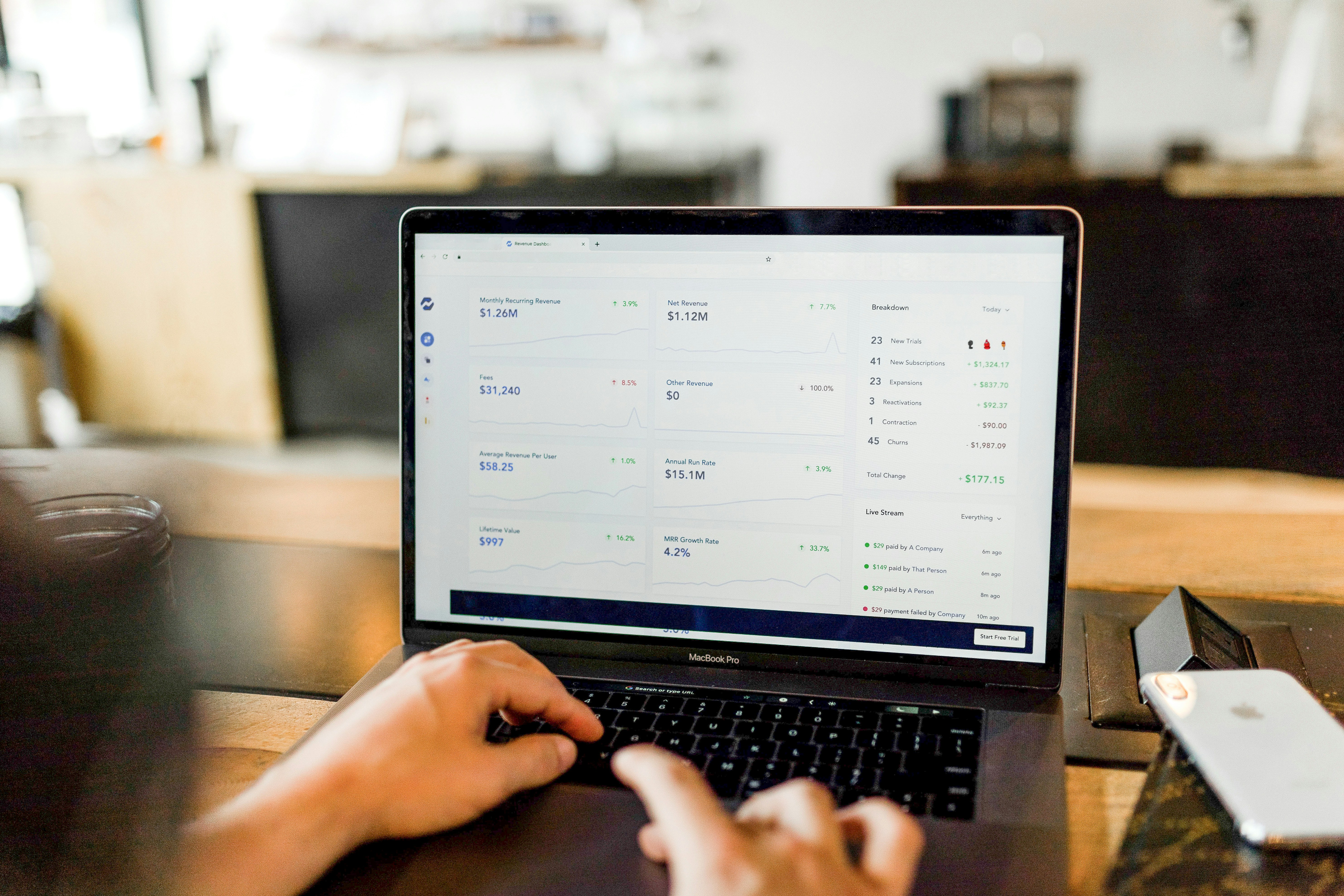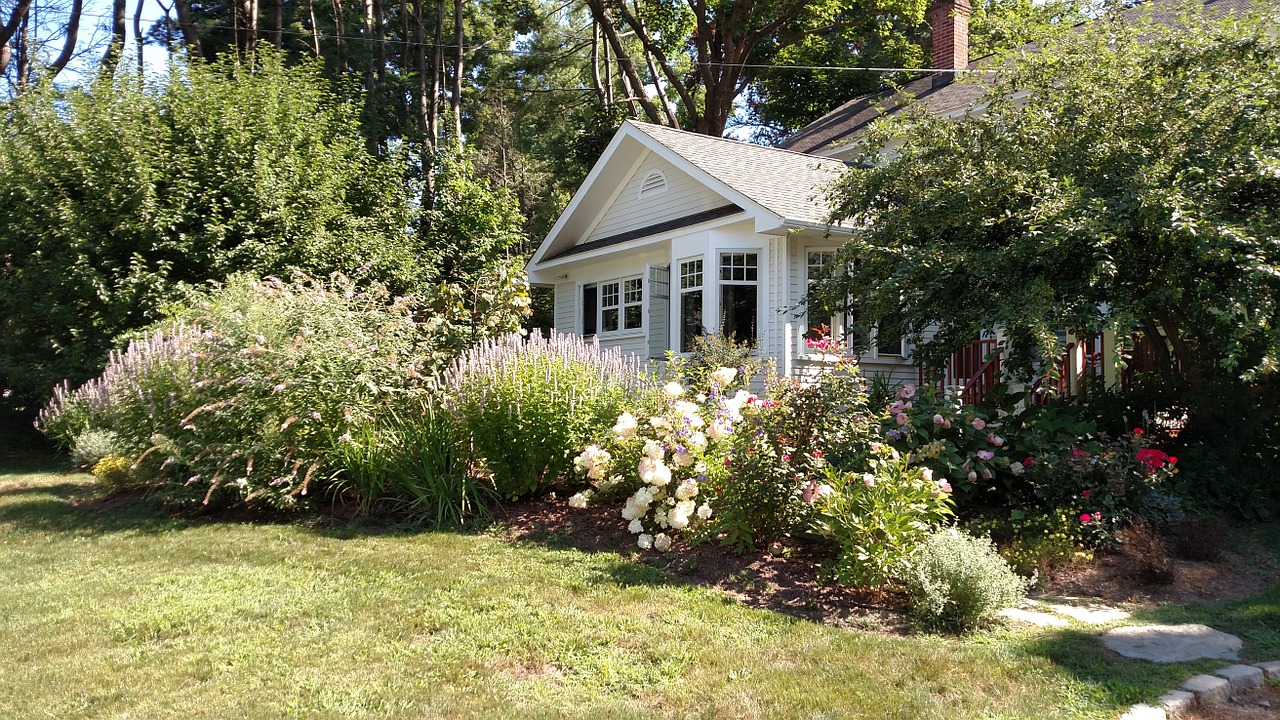Being a first-time homebuyer is an exciting time! Buying a home is a big deal. With homes being purchased at a median price of nearly $315,000 and most available homes flying off the market at a breakneck pace, it can be an overwhelming and stressful time as well. With real estate trends like those, you might feel like you have to make a quick decision and purchase, but you wouldn’t want to do anything that could hurt your financial goals.
Even though homeownership is often seen as a sign of adulthood and financial responsibility, it is not a decision that you should rush into. It is almost impossible to know everything there is to know about buying a home, especially when you’re a first time home buyer. You can do a little research, however, and hopefully, you can put yourself in a position to succeed. The more you know, the better off and less stressed you’ll be. You may even get a better deal on your new home loan. If you’re just getting started, here are a few key tips to keep in mind.
Understand your price range and monthly payments.

Your mortgage payment is made up of four parts, collectively known as PITI (Principal, Interest, Taxes, and Insurance). Principal and interest make up your basic mortgage payment to your lender. This includes your payments toward the loan balance and interest. As a homeowner, you’re also responsible for paying annual property taxes. Property taxes can range from 1 to 2 percent of your home’s value annually. Finally, there’s your homeowner’s insurance. Mortgage lenders usually require that you carry insurance for your home, which typically costs 0.25 to 0.50 percent of your home’s value. All of these figures will break down into monthly totals and together will equal your mortgage rate. you’ll want to begin thinking about your monthly budget and how much home you can afford.
Start by determining your budget for a monthly mortgage payment. Some neighborhoods also impose homeowners’ association fees that you will also need to figure into your monthly housing budget. Knowing what you can afford will help you shop around for a home and mortgage that can fit into your budget. Working with companies like hard money lenders Oregon can help you understand your finances and what you can afford in terms of a monthly payment.
Shop around for the type of loan and interest rate.

Once you know what you can afford, you will need to shop around. As the borrower, you check out several lenders. Understanding basic mortgage 101 will help you know what to look for and what questions to ask about mortgage rates and types. Rates are influenced by the Federal Reserve. However, different lenders may offer varying rates. If you don’t like the mortgage rates being offered, you might need to revisit your credit score and debts. Keep in mind that mortgage products and interest rates could be with you for 15 to 30 years.
The interest rate your lender offers might be complicated, so understanding mortgage interest rates and how they are calculated could help. You will need to decide between a fixed-rate or an adjustable-rate mortgage. A fixed-rate loan has a rate lock meaning that the principal and interest payments will remain the same until the loan is paid off. An adjustable-rate mortgage has an interest rate that will change with current rates. An adjustable-rate mortgage will have payments that fluctuate. All of this will impact your monthly mortgage payment, so it’s worth taking the time to understand it all.
When it comes to home loans, there are many options to consider. Some specialized products include FHA loans and VA loans that require specific criteria to qualify. A 30-year loan versus a shorter-term loan will also be a factor to consider when loan shopping. Some mortgage rates may offer discount points or other discounts which could help you over the life of the loan. It’s important to shop around!
Understand your down payment and closing costs.

After you have settled on a loan that you can afford, you will usually have to come up with a down payment. Lenders could require a down payment that could be five percent of the loan amount. Having a larger down payment, however, will save you even more money since you will end up borrowing less money. Depending on how much you put down, you might have immediate equity in the home that you could refinance or get a home equity line with later. Your lender will include origination fees and other charges at the closing. You will want to try and pay these costs instead of rolling them into your loan to keep your principal down. The bottom line is that the more you pay upfront, the less your loan and payment will be.
Buying a house is a big life decision. Understanding the process and planning for it will help with the decision. Be sure to look at all of your options and the factors that could impact your choice and the amount you pay for next years.

